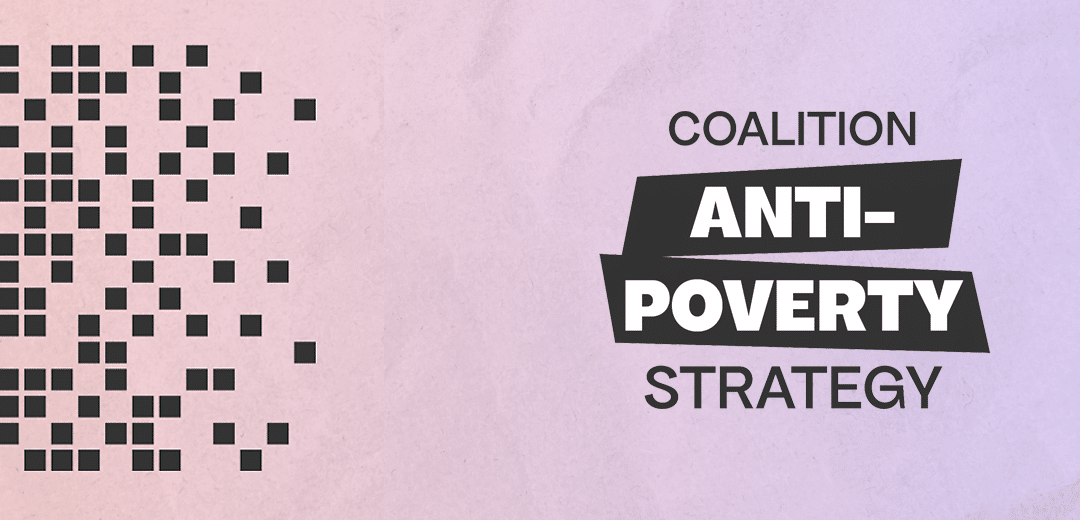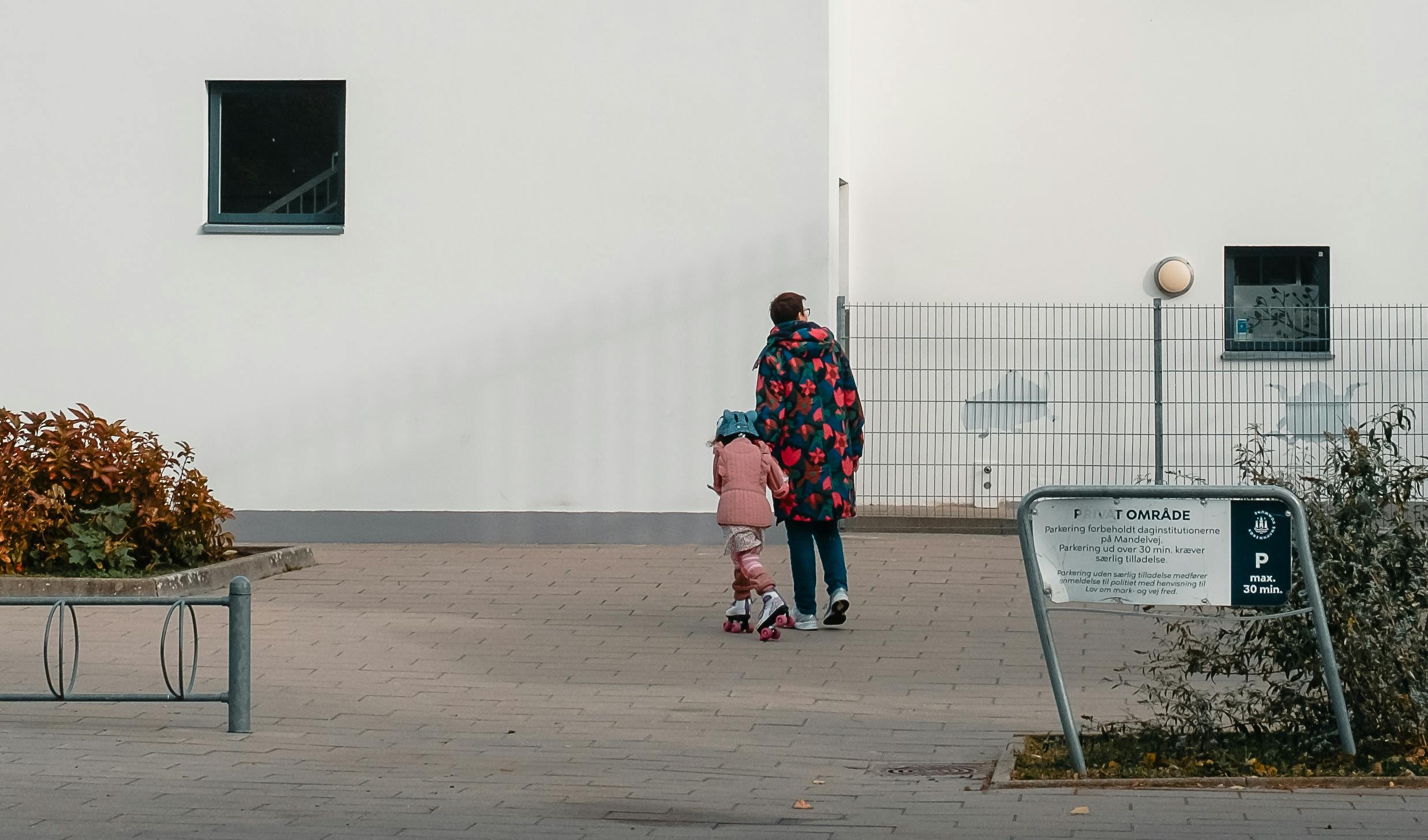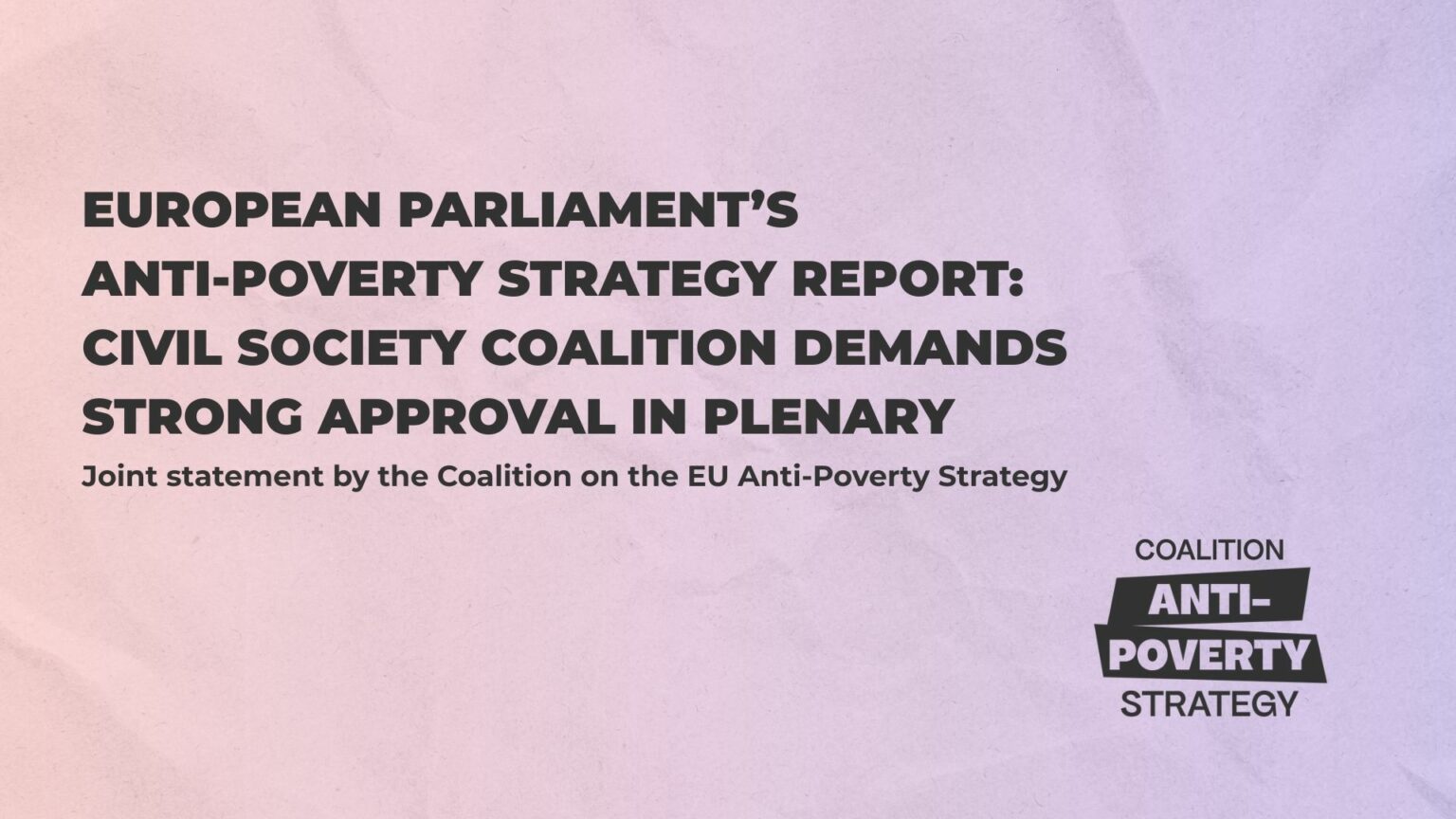The fifth person’s potential if poverty wasn’t a factor
Blog by Reneta Krivonozova, Eurochild, on how EU policies and funding can help Roma children, families, and communities in Bulgaria.
How often do we read in-depth reports on child poverty? How often do the numbers shock, upset, or encourage us to act? After which count do we decrease the effort?
In a pre-pandemic world, the numbers were already staggering – the UN’s Human Rights agency report points out that one in five of the EU population was at risk of poverty or social exclusion in 2019. That said, that fifth person could very likely be a child, as 19.4 million EU children are at risk of poverty.
Unquestionably, the Covid-19 outbreak has disproportionately affected groups in vulnerable situations and has exacerbated existing inequalities even further. Moreover, it underlined some children’s additional challenges regarding access to education, healthcare, and adequate essential services.
With these added barriers in mind, how often is that fifth person a child from a Roma background? According to the European Union Agency for Fundamental Rights, Roma children are a minority group living in the most vulnerable conditions in Europe, with a staggering 90% being at risk of poverty. Countries such as Spain and Greece report that Roma children live in households where at least one person goes to bed hungry at least once a month [1]. In addition, eleven countries where Eurochild has national members (including the aforementioned) report on the negative experiences of Roma children, families, and communities at risk of poverty and social exclusion in our (In)visible children report.
Bulgaria, a country with the third highest percentage of child poverty (33%), also captures that ‘children left behind’ (by parents working abroad), especially those living in ‘ghettos’ and remote settlements, are among the ones most in need in Bulgaria. In addition, pandemic isolation and financial stress trigger a new wave of family crises.
Despite the important progress made, the deinstitutionalisation reform is far from over. The foster care system is underdeveloped and relies mostly on EU funding. Roma children are overrepresented in alternative care [2]. Moreover, putting Roma children, who were recently reintegrated with their families, at risk of being abandoned again due to the precarious family situation.
Eurochild and its national members in Bulgaria have a continuous commitment to help tackle poverty as a barrier that deprives children of their rights to health, education, and childcare, and of their right to be heard on matters that affect them. In past initiatives, Eurochild supported our national members in Bulgaria to influence the design of the European Child Guarantee (CG) so that the perspectives and needs of families and children in adversity are well reflected in the CG National Action Plan (NAP).
As part of the project, Eurochild engaged with key interlocutors to maintain the delivery of the Child Guarantee was a priority of the EU institutions and political leadership.
Leveraging EU influence to deliver change for families in adversity in Bulgaria
To extend that effort, Eurochild and national members in Bulgaria are further driving their focus on child poverty through our new project that aims to leverage EU influence to deliver change for families in adversity. This three-year initiative is possible thanks to the support of Tanya’s Dream Fund, hosted by the Swiss Philanthropy Foundation.
With Eurochild’s long-lasting experience in top/down – bottom/up influencing and capacity building, the team will support civil society in Bulgaria in their efforts to monitor the implementation of policy and funding at national level. Our aim is to leverage the influence of EU policies and funding concerning prevention of family separation and discrimination on the Bulgarian national government and to provide examples of promising practices and ideas, shared by other Eurochild members. The resources and political momentum from the EU can provide a powerful lever for change.
In addition, the project aims to:
- Gather evidence on the implementation of the Child Guarantee and insights of what works to prevent family separation among Roma families in adversity;
- Involve grass-root organisations in EU policy implementation and funding allocation;
- Engage with policymakers and strengthen the capacities of civil servants to allocate and redirect funds to prevent family separation and discrimination.
- Provide space for cross-country mutual learning and exchanges among Eurochild membership and other stakeholders.
It is essential to continue raising awareness of current and prospective politicians and policymakers of the importance of family strengthening, community building, tackling discrimination and supporting children and families living in adversity. The project focuses on Bulgaria, but it includes activities that may take place elsewhere in Europe. With continuous efforts, we can begin to identify and remove obstacles from the ‘fifth person’s’ way and help break the cycle of disadvantage.
For further information on the project:
- Email Reneta Krivonozova, Eurochild Policy and Advocacy Officer on Child Poverty
- Visit the project page
[1] Combating child poverty: an issue of fundamental rights, Fundamental Rights Agency (2018)
[2] 5284_file1_blighted-lives-romani-children-in-state-care.pdf (errc.org)





